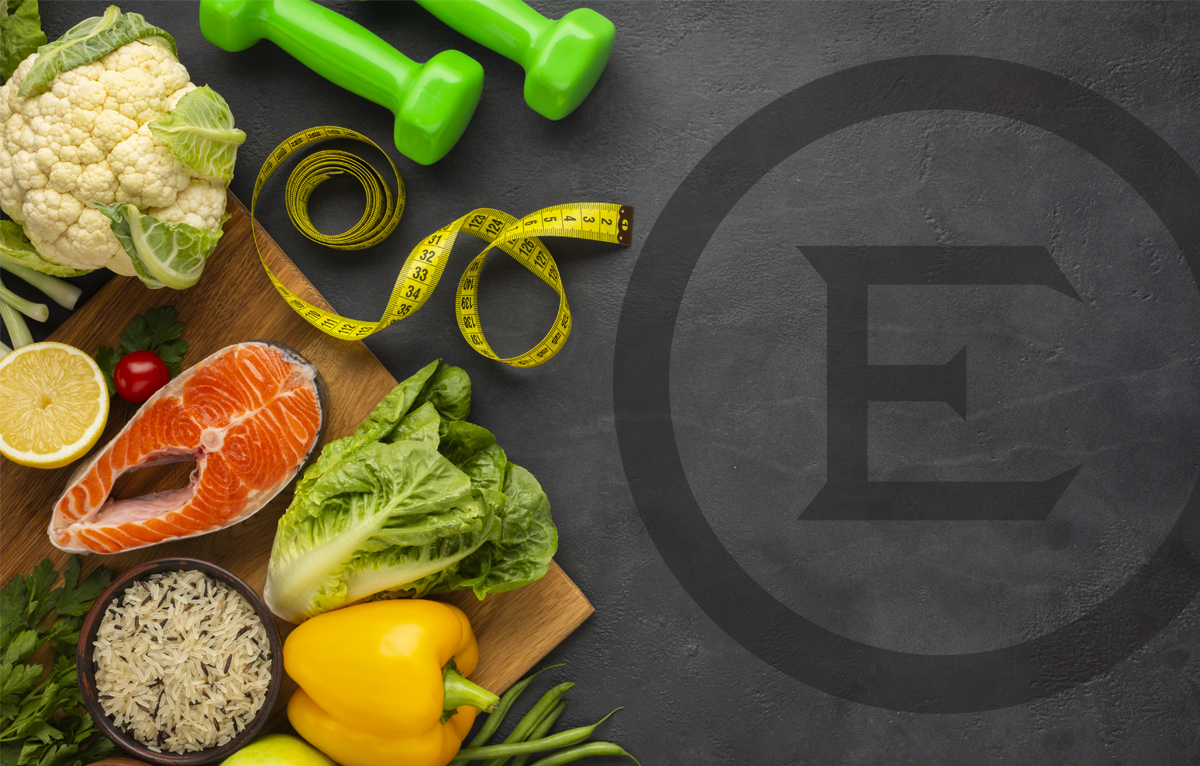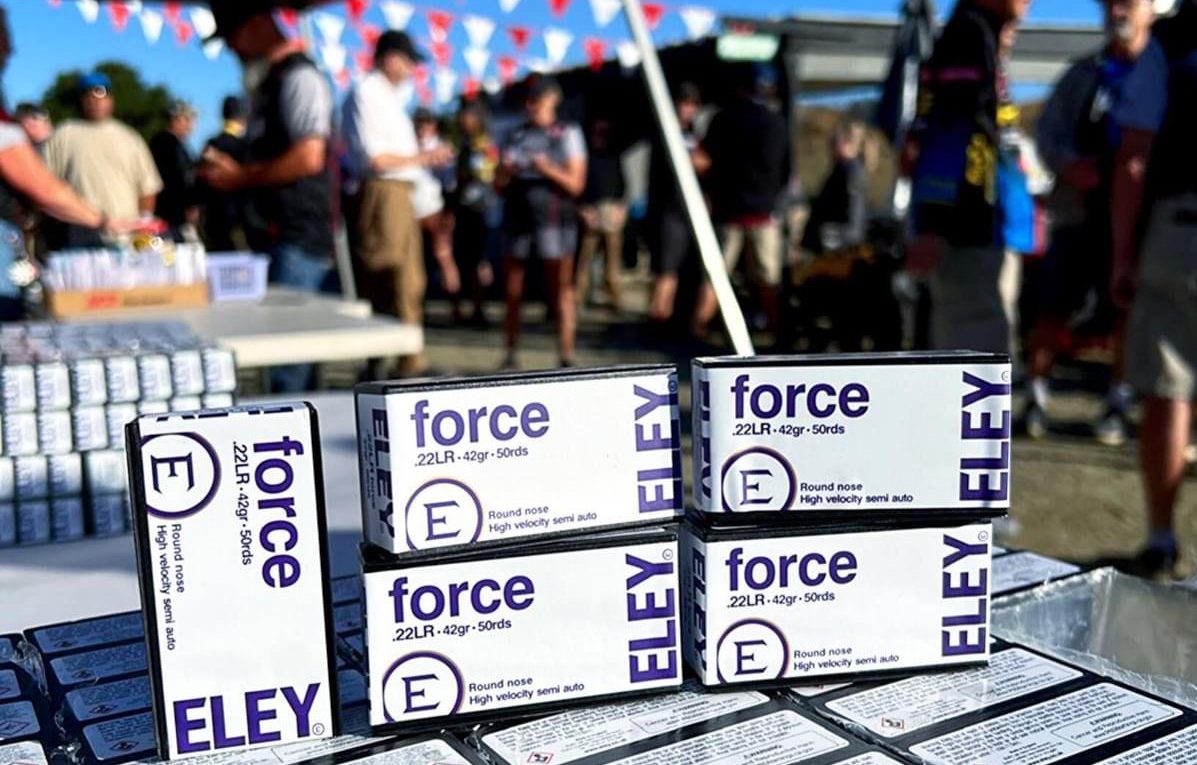It is easy to focus on the equipment you use and physical training techniques to improve your shooting skill. However, what you put into your body plays an incredibly important part. ELEY’s Martyn Buttery, test range manager and teamGB coach, explores how a healthy diet can improve performance and keep you on target.
Food is fuel. Not only for your body physically, but also mentally, helping your brain to focus. What you eat and drink on a daily basis affects your immune system and ability to recover from training and competing. Without a healthy diet, your endurance, strength, concentration and overall performance will suffer. Therefore, to get the most out of your time on the firing line, nutrition should be a top priority.
A balanced diet for shooting athletes is one that provides a wide variety of foods across all food groups, including carbohydrates, protein and a small amount of ‘healthy’ fats. However, not only is what you eat important, but also when you eat it.
Tips for training
Nutrition should form part of your training plan. Never underestimate the impact of your typical day-to-day diet. By having a consistent nutrition plan, you are removing one more variable that could affect your performance on competition day.
You will need to select meals that will provide you with energy throughout the day. Consider complex carbs that are broken down and stored in your liver for when you need the energy, preventing you from feeling hungry while training.
Foods that are rich in protein are also beneficial as proteins help muscle recovery. This is especially useful for shooters who are holding positions for a prolonged period.
Slow release carbohydrates coupled with protein include:
- Wholegrain sandwich/roll with cheese/ham and salad
- Porridge with milk and fresh fruit or nuts
- Baked beans on multigrain toast
- Fruit salad with Greek yoghurt and muesli
- Poached eggs and avocado on sourdough toast
Limiting portion size and snack types will help prevent over-eating. You should avoid high-energy snack such as chocolate and chips as these will only provide a quick burst of energy and can make you feel lethargic. Instead, consider healthier options to help your body ‘switch on’:
- Yoghurts
- Smoothies
- Fruit muffins
- Sushi rolls
Competition choices
Eating patterns in a competition setting should be an extension of your training routine. Changing this during a competition could cause stomach upset so you should stick with what you’re familiar with.
When it comes to target shooting sports, you could have an event that lasts as much as two or three hours. Having consistent energy levels is critical to maintaining focus throughout that period. To do this bring small easily digested snacks between events which will help will keep blood glucose levels topped up to sustain focus and avoid fatigue.
Snacks should be low in fat to help ease digestion. It is important to be prepared on the day and not rely on facilities at competition venues to provide suitable options.
How much h20?
Staying hydrated is as important, if not more important that watching what you eat. Dehydration can impair focus and concentration negatively affecting your skill and coordination.
Recommendations vary from athlete to athlete depending on size, gender and activity levels, but health experts suggest an intake of approximately two litres a day.
Sports drinks may be useful as the fluid, carbohydrate and electrolyte mix can improve fluid absorption from the gut, improve mental focus and promote fluid retention.
Make sure you are:
- Taking regular sips to maintain fluid levels throughout the competition
- Using individual bottles to keep track of your fluid intake
- Adding ice to bottles to keep cool in humid conditions
Refuel, repair, rehydrate
Following a competition, it is important to eat right to aid recovery. Protein will help repair muscles, plenty of water will ensure you rehydrate and carbohydrates will refuel muscles so you can get back to training.
A proper diet will develop improved stamina as well as a stronger, healthier mind. There is enough stress in a competition setting. Make nutrition one less thing to worry about.
Discover more from our coaching for accuracy series and improve your shooting skill:





